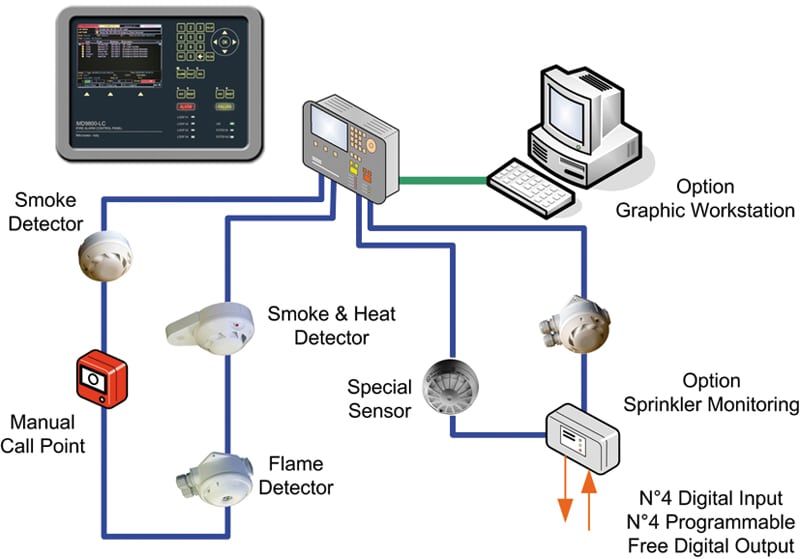Fire prevention is an important part of keeping people, property, and the environment safe. The best fire prevention strategies involve a combination of education, engineering, and enforcement.
Education is key to preventing fires. Teaching people about the dangers of fire and how to prevent it can help reduce the risk of fires occurring in the first place. This includes teaching people about proper storage and use of flammable materials, cooking safety, electrical safety, and other potential fire hazards.
Engineering solutions such as smoke detectors, sprinkler systems, fire alarms, and automatic shut-off valves can also be effective in preventing fires from starting or spreading. Ensuring that these engineering solutions are properly installed and maintained is critical for their effectiveness.
Enforcement measures such as building codes and inspections can also help ensure that buildings are constructed with appropriate fire prevention measures in place. Regular inspections can help identify potential problems before they become a hazard.

